When it comes to personal injury lawsuits, understanding the various types of damages available is crucial. Not only does it help victims seek fair compensation for their losses, but it also allows them to navigate the legal process more effectively. In this blog, we will delve into the different types of damages in a personal injury lawsuit, providing you with valuable insights and tips to help you make informed decisions.
1. Economic Damages
a. Medical Expenses: Covering costs associated with medical treatment, hospital stays, surgeries, rehabilitation, medications, therapy, and any future medical care arising from the injury.
b. Lost Earnings: Compensating for the income lost due to inability to work during recovery or disability caused by the injury. This includes past lost wages and potential future income reductions.
c. Property Damage: Reimbursement for damage to personal property, such as a vehicle in a car accident.
2. Non-Economic Damages
a. Pain and Suffering: Compensating for physical pain, emotional distress, mental anguish, and the overall impact of the injury on the victim's quality of life.
b. Emotional Distress: Addressing the psychological impact of the injury, including anxiety, depression, and post-traumatic stress disorder (PTSD).
c. Loss of Enjoyment of Life: Compensation for the loss of the ability to participate in activities and hobbies that the victim enjoyed before the injury.
3. Punitive Damages
These damages are different from compensatory damages. Punitive damages are awarded to punish the defendant for particularly egregious behavior or gross negligence and to deter similar conduct in the future. They are less common and are generally not applicable in every personal injury case.
4. Wrongful Death Damages
In cases where the injury leads to the victim's death, surviving family members may seek compensation through a wrongful death claim. Damages can include funeral and burial expenses, loss of financial support, and loss of companionship.
5. Loss of Consortium
This compensates for the loss of companionship, love, or the ability to maintain a relationship due to the injury. It's typically sought by the spouse of the injured party.
Factors Influencing Damages:
- Severity of Injuries: The more severe and impactful the injuries, the higher the compensation typically awarded.
- Degree of Negligence: The level of fault or negligence of the responsible party significantly impacts the compensation sought.
- Pre-existing Conditions: The presence of pre-existing conditions or injuries might affect the compensation amount. The responsible party might not be held accountable for damages related to pre-existing conditions.
Legal Counsel
Navigating the intricacies of a personal injury case requires legal expertise. An experienced attorney can assess the specifics of the case, advocate for the victim's interests, and ensure they receive fair compensation for their injuries and suffering.
Settlement vs. Trial
A personal injury case can be resolved through a settlement or a trial. Settlements often result in quicker resolutions, but the compensation amount might be lower than what could be achieved through a successful trial verdict.
In Conclusion
Understanding the different types of damages in a personal injury lawsuit is essential for pursuing fair compensation. By familiarizing yourself, you can better navigate the legal process. Remember, seeking professional legal assistance can significantly improve your chances of a successful outcome. Contact our skilled personal injury lawyers at Shane Smith Law today to discuss your case and receive the guidance you need.
Shane Smith Law is available by phone at (980) 246-2656 or you can always send us a message online.


-copy-6.2311061734550.jpg)
